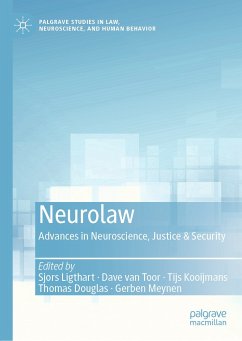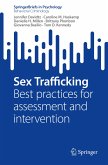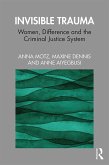The book's first part approaches these questions from a legal perspective, followed by ethical accounts in part two. The authors address a wide range of topics and approaches: some are more theoretical, like those regarding the foundations of punishment; others are more practical, like those concerning the use of brain scans in the courtroom. Together, they illustrate the thoroughly interdisciplinary nature of the debate, inwhich science, law and ethics are closely intertwined. This book will appeal in particular to students and scholars of law, neuroscience, criminology, socio-legal studies and philosophy.
Chapter 8 is available open access under a Creative Commons Attribution 4.0 International License via link.springer.com.
Sjors Ligthart is PhD candidate in Criminal Law at Tilburg University, the Netherlands.
Dave van Toor is Assistant Professor of Criminal Law at Utrecht University, the Netherlands.
Tijs Kooijmans is Professor of Criminal Law at Tilburg University, the Netherlands.
Thomas Douglas is Professor of Applied Philosophy and Director of Research and Development at the Oxford Uehiro Centre of Practical Ethics, Faculty of Philosophy, and Senior Research Fellow at Jesus College, University of Oxford, UK.
Gerben Meynen is Professor of Forensic Psychiatry at Utrecht University and Professor of Ethics and Psychiatry at Vrije Universiteit Amsterdam, the Netherlands.
Dieser Download kann aus rechtlichen Gründen nur mit Rechnungsadresse in A, B, BG, CY, CZ, D, DK, EW, E, FIN, F, GR, HR, H, IRL, I, LT, L, LR, M, NL, PL, P, R, S, SLO, SK ausgeliefert werden.









